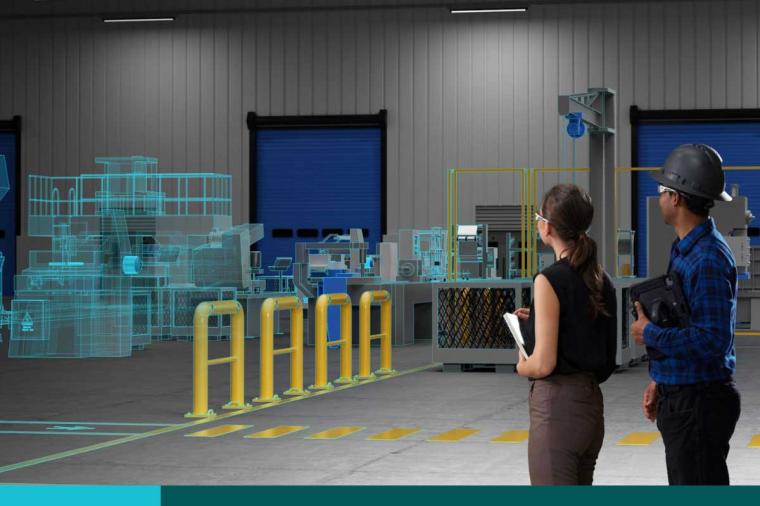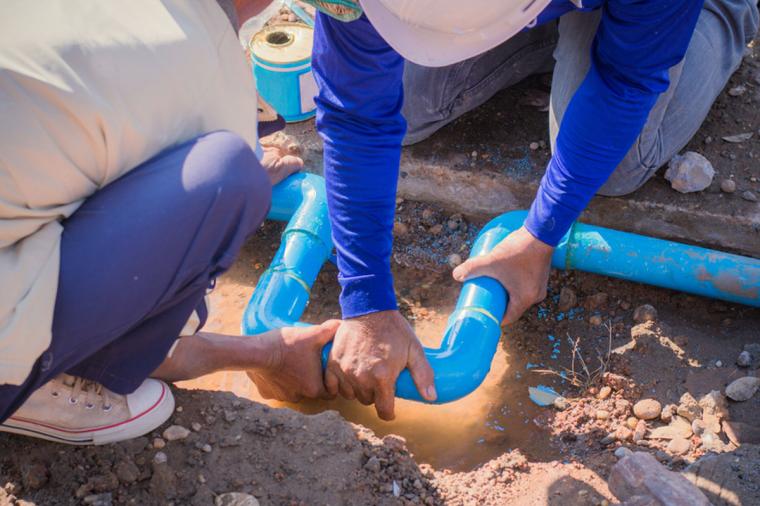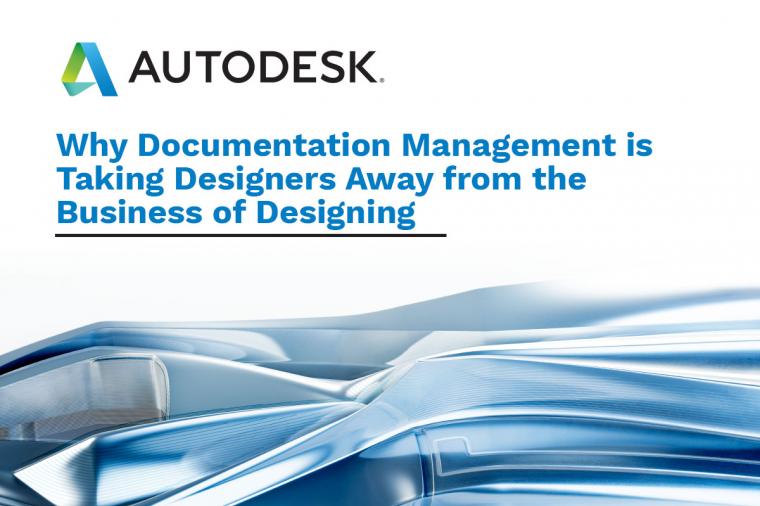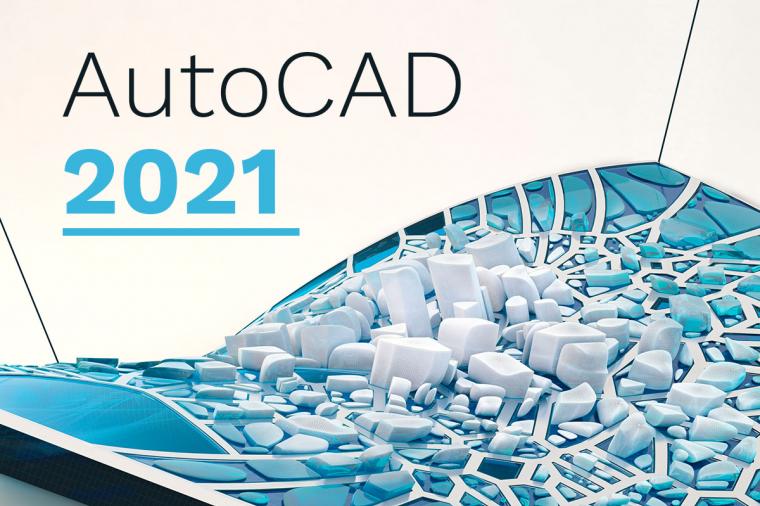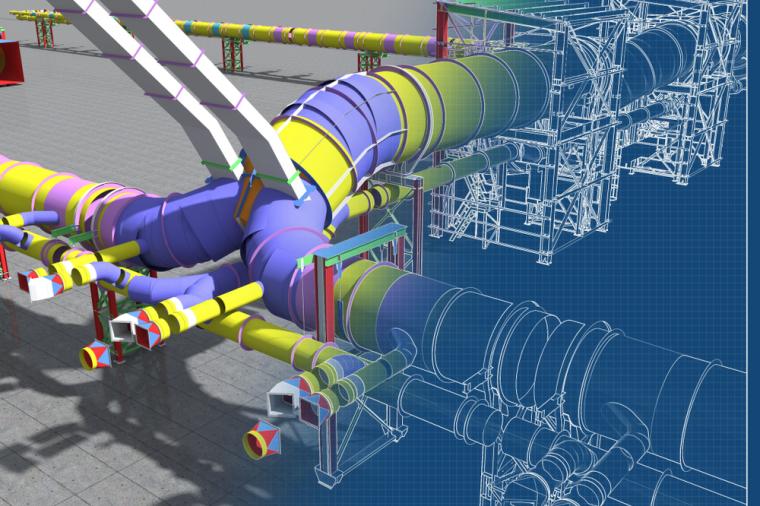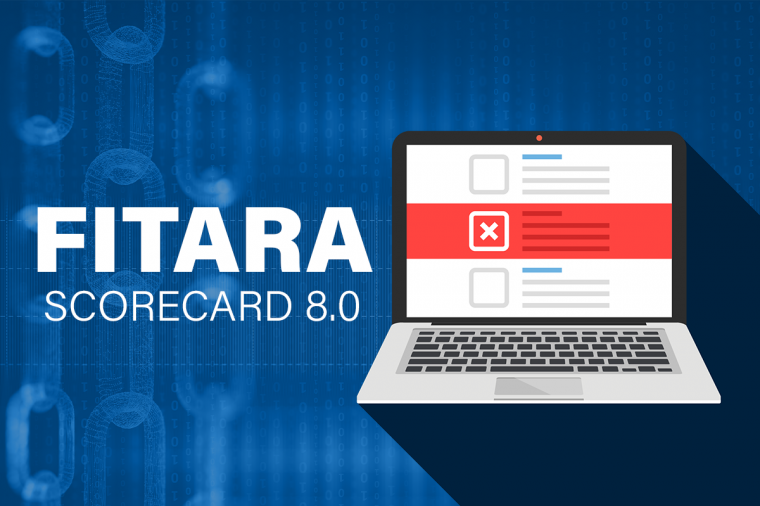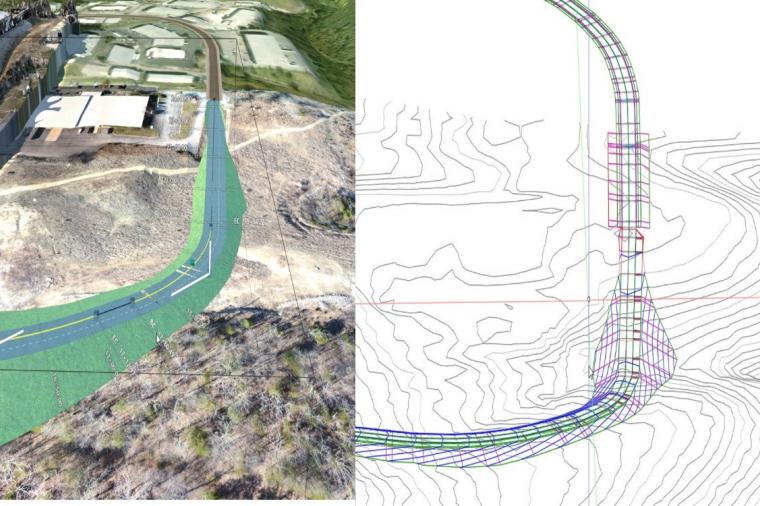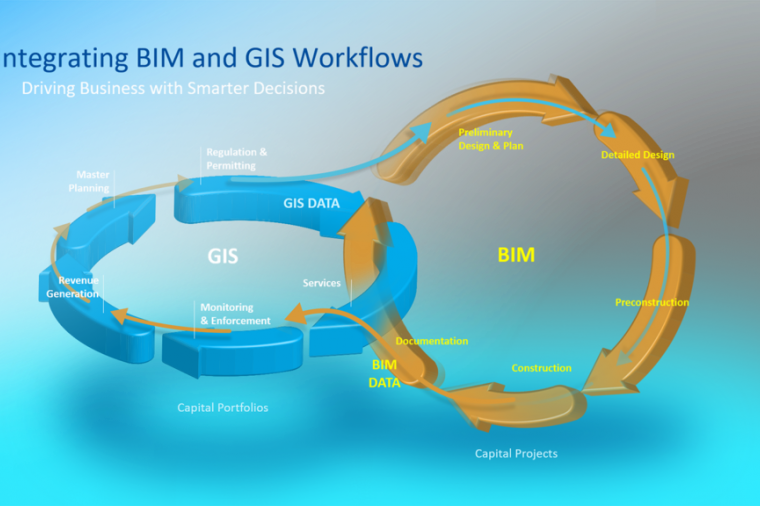20 Traits of an Awesome CAD/BIM/Tech Manager
AEC Magazine recently featured four of the top Autodesk University (AU) online classes that help CAD managers stay ahead of their ever-changing field. One of these classes – Becoming an Awesome CAD/BIM/Tech Manager – is actually about “you” and not the technology you use. After all, as a manager you’re a people person now, not just a tech user, and that requires becoming a better “you”!
Moving beyond the tech skills, this is a great class for anyone looking to uncover the key character traits and skills that all managers must develop, plus how to discover your areas of strength and build on them.
Hosted by Mark Kiker, IT Director for SIATech Inc, editor of caddmanager.com and bimmanager.com and author of the monthly CAD Manager column for AUGI World magazine, this one-hour class is free and well worth you checking out.
By way of a quick summary, here are the 20 key character traits that Kiker identifies as key to becoming an awesome CAD/BIM/Tech Manager:
1. You’re all About Customer Service
An awesome manager will focus on people with respect, tactfulness, patience, graciousness, and a desire to serve, says Kiker. How many of you are annoyed by user problems? Don’t be. Instead, focus on keeping the end user’s productivity in mind, and not your own ease. Wise words.
2. You’re a Great Communicator
Communication is always important, but for the manager you’re expected to communicate at different levels – you need to be able to “talk shop” with your CAD/BIM tech teams, but you also need to communicate at understandable levels with non-CAD/BIM staff. Work on keeping users informed of progress when troubleshooting a problem, and, of course, report to management when solutions are put in place.
3. You Share Knowledge
“You’re a walking book of knowledge,” says Kiker. Don’t hoard it. Be willing to share it. Explain to others what caused a problem, how it was fixed, and how to avoid it again. Don’t hang on to techy information, look for ways to share it.
4. You Take Initiative
Constantly look for ways to improve, don’t sit and wait for someone to give you an assignment, proactively do it yourself. If things need fixing, fix it. Have a “desire and initiative to always be moving. Never sit still. Never stop moving forward,” says Kiker.
5. You’re Proactive
This blends in with initiative. “Initiative shows the desire to do things, being proactive – you actually do them.” Look for ways to prevent problems. Look in new areas before others ask about it. Seek out new technology, even when what’s in place works well.
6. You’re Organized
“Organization enables creativity, as soon as something is organized you can think of something else,” says Kiker. Keep track of tasks, deadlines, and know how to prioritize. Be aware of the priorities of others and how they impact yours. Use tools and methods to stay organized, and generate structure where none exists.
7. You Plan
Planning is different to organization. “A planner can take large projects or initiatives and break them down into a step-by-step doable, achievable, manageable steps,” explains Kiker. Your prioritization skills also come into play as you prioritize efforts as projects move along. Seek out ways to help others plan their work and share your plans with them (such as your strategic plan), so that everyone knows what your priorities are.
8. You’re Quality-Driven
If you’re a CAD or BIM manager, nothing is ever going to be better than the quality you make it. “You want to embed quality into everything you do, as if your name is all over it,” says Kiker. Do it right the first time and avoid “do overs” where you have to go back and re-do something all over again. Avoid the attitude of “I can just fix it/finish it later.”
9. You Know how to Document Everything
Whether its developing cheat sheets or creating documentation for non-support staff, understand that everything that is done in a shared environment needs to be documented, shared, stored, and secured.
10. Reports Matter to You
Akin to communication, but a more formal process of letting stakeholders know where they stand. The big one to pay attention to here is notifying management about delays and roadblocks - report the positive, but report the negative as quickly as possible too.
11. You Always Have a Plan B
Before you start a project, have a clear back out strategy so that you can quickly develop options if things derail and know when to put plan B into action.
12. You’re a Team Player
A team player doesn’t just communicate, they work well with others, hand off work, delegate, deliver on time and report progress. Kiker offers some tips on team work here.
13. You Innovate
Think about new tools and methods that might improve your organization. Could you combine existing processes and methods into new approaches?
14. You’re Dedicated
To put it simply, you are all about completing tasks and projects 100%. You avoid re-work or returning to uncompleted work and stay focused on a task/problem until it’s done.
15. You’re Flexible
Close to dedication, this is about being ready and willing to change direction on short notice. It also goes back to the importance of not ignoring routine tech support issues or the needs of users.
16. You’re Passionate
This comes from a love of what you do – the technology, CAD and BIM, and vigorous and optimistic attitude to work.
17. You’re Productive
The cousin of proactive, you look for ways to increase output, avoid unnecessary steps, save time and seek to do the same for others.
18. You’re Humble
You admit mistakes, own errors, share successes, and are confident but not to the detriment of the skills and contributions of others.
19. You’re Teachable
You may be a manager but you’ve still got things to learn. Show your willingness, admit your shortcomings and do something about them.
20. Deadlines Drive You
Can you set realistic delivery dates and meet or beat them? What about being humble or communicative enough to let stakeholders know if a deadline is slipping as soon as you become aware of it? Being deadline driven is a key trait.
Learn More
Didn’t check off all the boxes? Don’t worry. The list is just a guideline and something to strive for.
If you want to make your own list and match the skills you need to perfect these characteristics and build out your strengths, check out Kiker’s training here (if you want the quick version, download the free handout).


